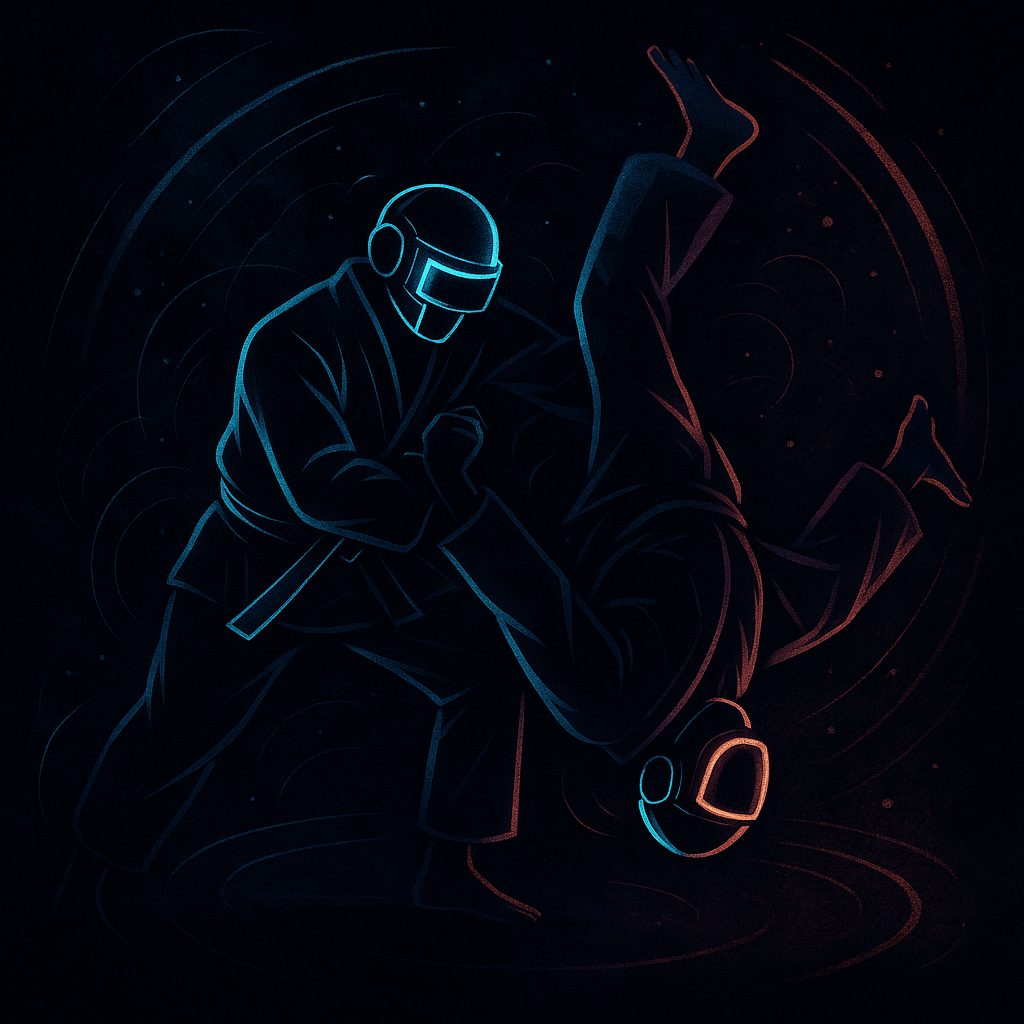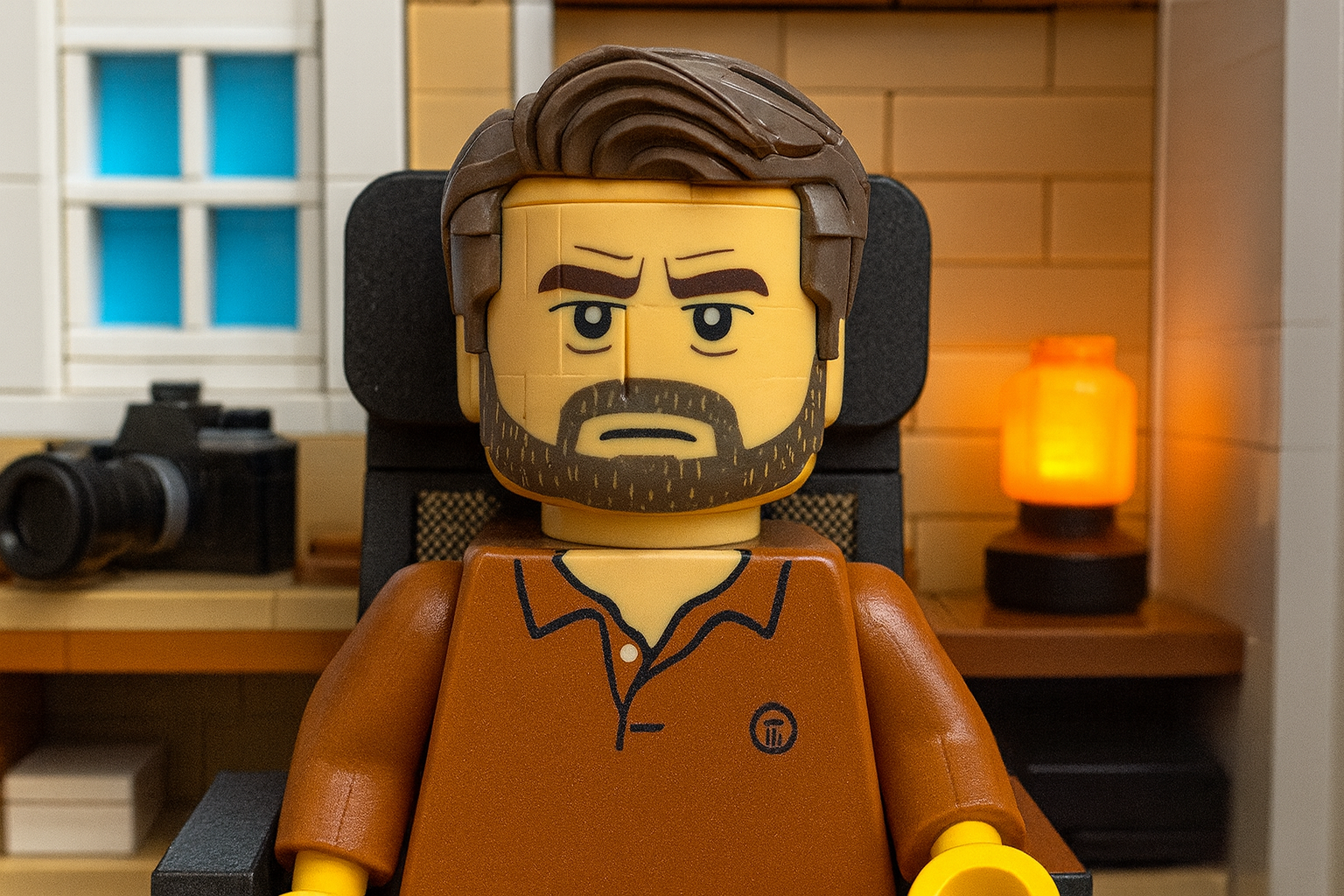Don’t alienate your coworkers even if they are wrong¶
Disagreements at work are inevitable. You and your coworkers see things differently because you come from different backgrounds, have different experiences, and operate in different areas of expertise. That diversity is what makes a team valuable. But it also creates friction. At some point, someone will be wrong—factually, logically, or practically. The real question is not whether you correct them. The real question is how you do it.
If you alienate a coworker when they make a mistake, you win the point but lose the relationship. They will remember the sting, not the lesson. And over time, people who feel dismissed stop speaking up. That silence is more dangerous than a bad idea.
Raising your voice or letting frustration spill out never helps. Even if you are right on the facts, anger makes you look weak. It shifts attention away from the argument and toward your reaction. The result is that people learn one thing: disagreeing with you is unsafe. Next time, they stay quiet.
Instead of boxing, think judo. Boxing is force against force. Judo redirects energy. Communication works the same way. You do not need to crush a weak argument to win. You can follow the reasoning, acknowledge what has value, and redirect toward a stronger outcome. It is less about winning and more about guiding.

A flawed statement does not mean a flawed colleague. If you confuse the two, you create enemies where you need partners. Attacking the person triggers defensiveness. Addressing the idea keeps them engaged. The difference is whether the conversation dies or moves forward.
Different perspectives are the point of having a team. A developer sees inefficiency in code. A compliance officer sees regulatory risk. A business analyst sees customer impact. Alone, each view is partial. Together, they form a complete picture. When someone is wrong, it is often because they are speaking from their own angle. That makes their input incomplete, not worthless. If you alienate them, you silence that angle for good.
The strongest teams are not those that never make mistakes but those where mistakes are safe to admit. Wrong assumptions and half-baked ideas are part of the process. They are sparks that can be refined. But if people feel punished for being wrong, they stop offering sparks. What remains is silence, and silence kills innovation.
There are simple ways to correct without alienating. Ask clarifying questions instead of rejecting outright. Recognize what does make sense before pointing out the flaw. Redirect with “yes, and” rather than “no, but.” Keep your tone calm and your body language open. Focus on the outcome, not on winning the argument.
A silent team is far more dangerous than a team that sometimes gets it wrong. Mistakes can be corrected. Silence cannot. Respect is what keeps conversations alive, and alive conversations are what keep organizations moving forward.
Takeaway: Correct ideas without rejecting people. Stay calm, stay kind, and use conversational judo.
